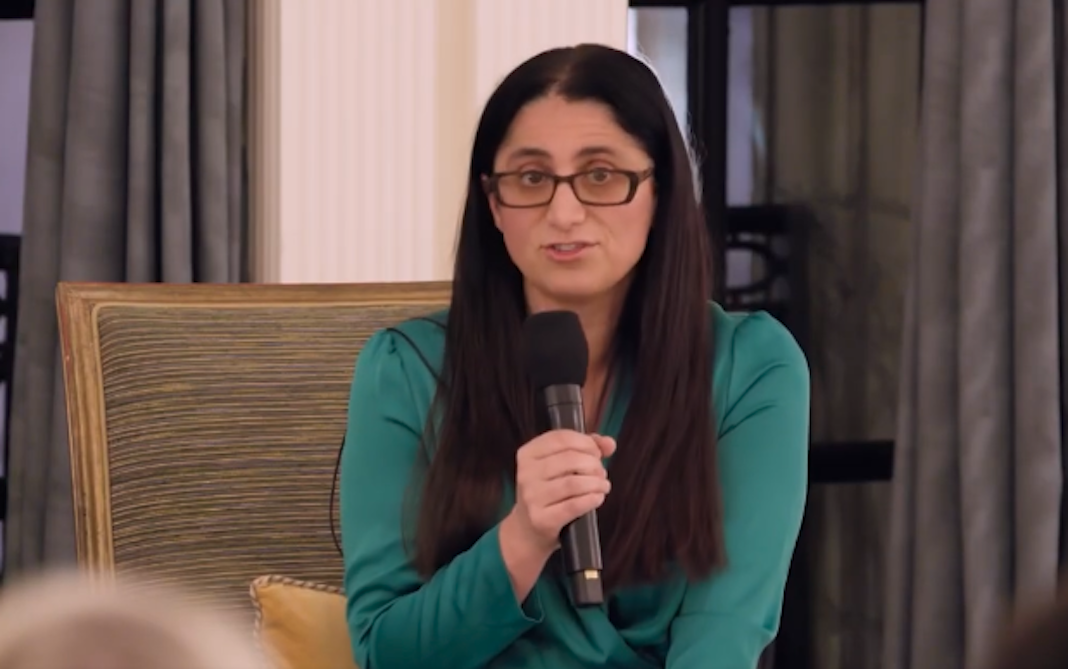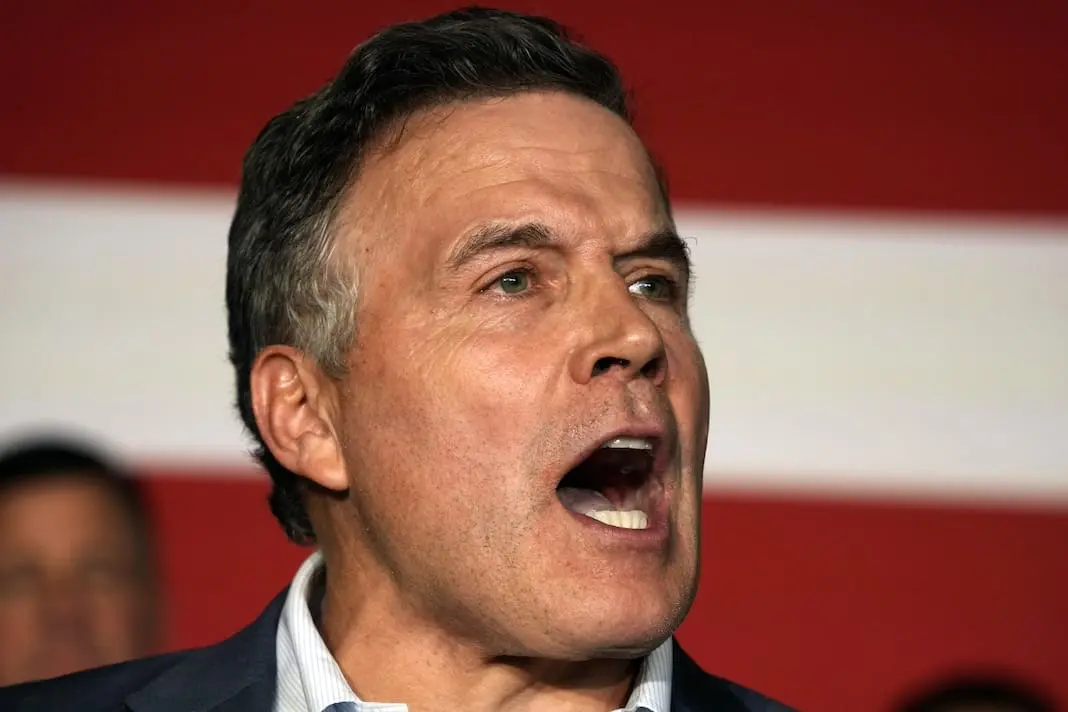National, Politics, U.S. Senate
Senate majority quashes Mayorkas impeachment due to lack of specified crimes

National, Politics, U.S. Senate

National, Politics, U.S. Senate

National, Politics, U.S. Senate

National, Politics, U.S. Senate



Community, Economy, Health Care, Local


Elections, Politics, U.S. Senate